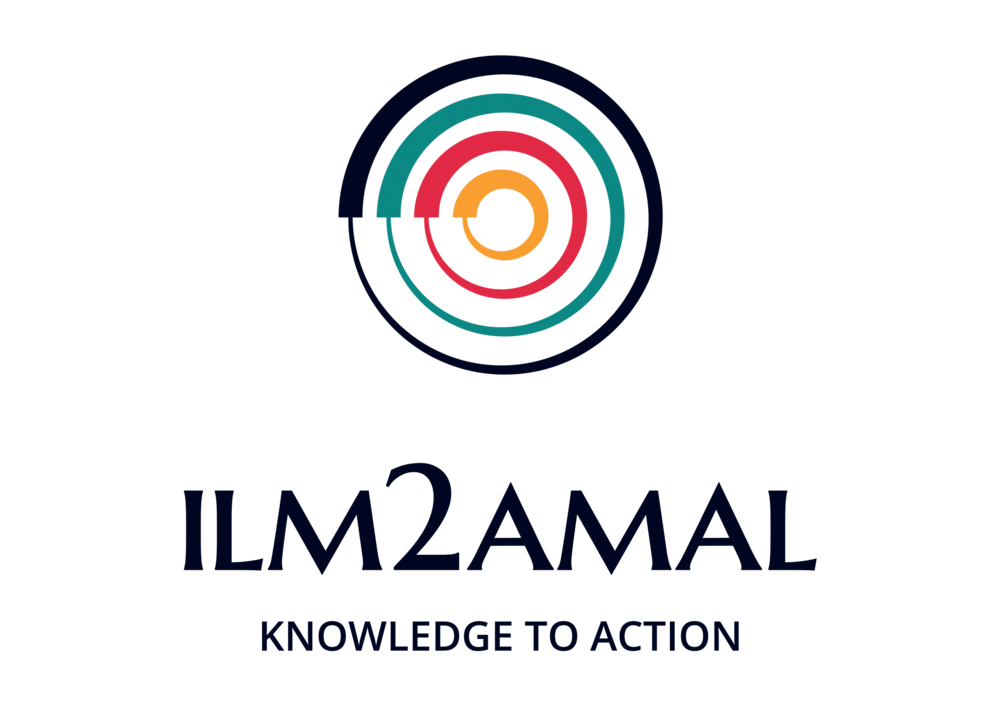By Aneesah Kholwadia
Student Voice: A series of blog posts with a special student perspective.
In a time of rapid technological growth and social evolution, interaction with the digital world is almost inescapable for us all. One pertinent concern that has arisen as a result of this increased exposure to the digital world is cyber bullying. The National Crime Prevention Council states that a disturbingly large 43% of teens have reported incidents of cyber bullying.
There seems to be a general equation that an open online presence means you are meant to bear the torment of internet trolling. What fails to be considered is the immorality of this abuse. Many celebrities have reported episodes of severe mental health problems as a direct consequence of excessive online abuse.
A recent example of this is Dina Tokio’s battle with severe cyber bullying after she removed her Hijab. As a Muslimah myself, watching Dina’s video, The Bad, the Worse and the Ugly, 48 minutes of her continually reciting from a seemingly never-ending series of hate comments she had received, was absolutely harrowing. The fact that the abuse she had suffered stemmed from her fellow Muslims made it all the more shocking. It was distressing to see a community that I believe to be characterised by its brotherhood and acceptance so vicious in its attack.
Whilst Hijab is a massive part of one’s Deen, what the trolls had neglected to remember was that a significant part of one’s Muslim identity also includes good character, kindness and tolerance. To see Dina herself obviously troubled made me realise the deeply saddening truth, that even a faceless comment online can enact such devastating pain; a truth that must be regularly reflected on.
‘Freedom of Speech’ is not tantamount to license to hate. The actual purpose of free speech is expression of opinions for the sake of beneficial social progression. It is a right which allows people to speak against bigotry, prejudice, racism and bias, a right meant to condone understanding and tolerance within society. It is not a right which can be used as justification for senseless bullying.
Unfortunately, beneath the safety net of a private username and the impersonal screen, the concepts of common courtesy and humanity seem easy to forget. With the distance that digital devices provide, the connection to the individual behind their Instagram post is being lost. Their thoughts, emotions and feelings are entirely ignored as they become mere vessels for trolls to exercise their cruelty on.
It is important to bear in mind that these celebrities and influencers have a past and lives which transcend the limits of their Instagram page. We must consider that, as individuals, they are not meant to conform to public expectations, and they should not be bullied and targeted if they fail to match up to our expectations of them. They are deserving of the same level of respect given to any individual within the physical world. Ultimately, they are people.
So, the next time our moral compasses dither and our fingers sway above a keyboard as we consider writing a comment expressing an unfiltered opinion, we must remember that the Prophet (pbuh) said, “None of you [truly] believes until he loves for his brother what he loves for himself.” It is an Islamic principle to be loving and that isn’t something which is limited to the physical realm, but rather is an expectation across all platforms, digital too.
Photo credit: Priscilla Du Preez

